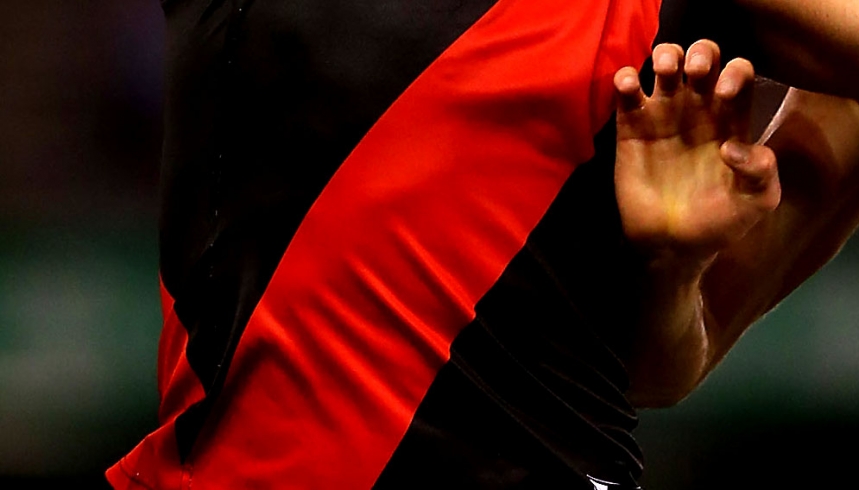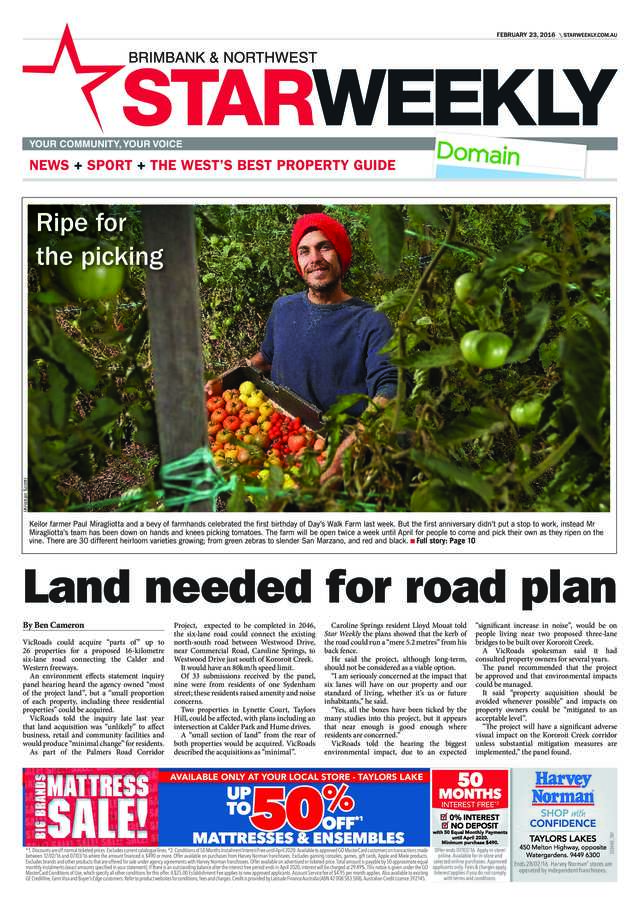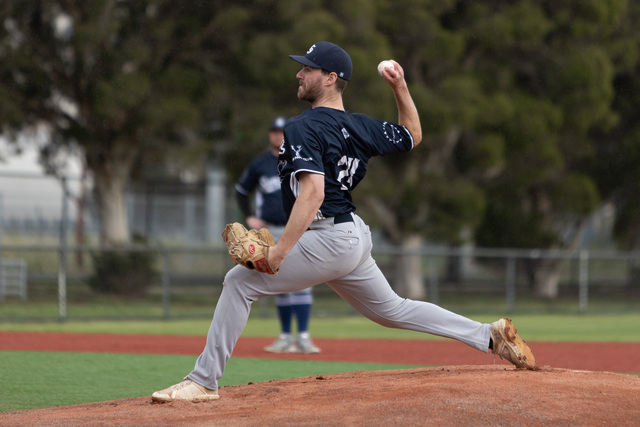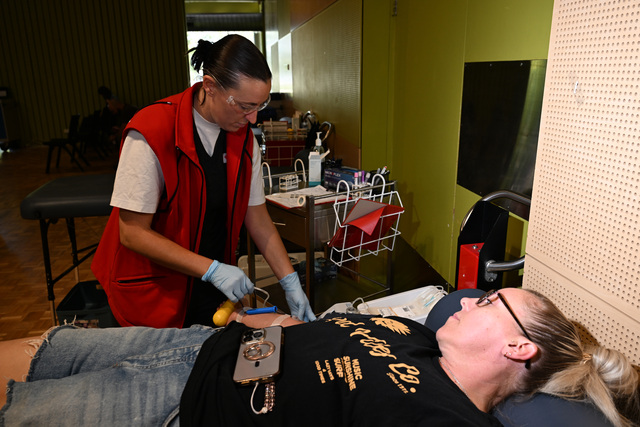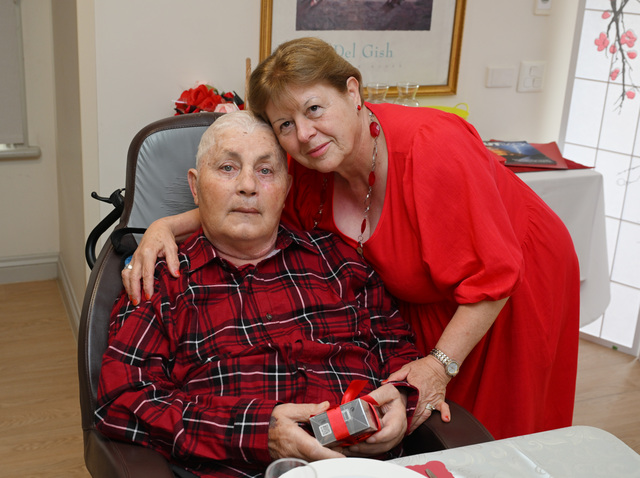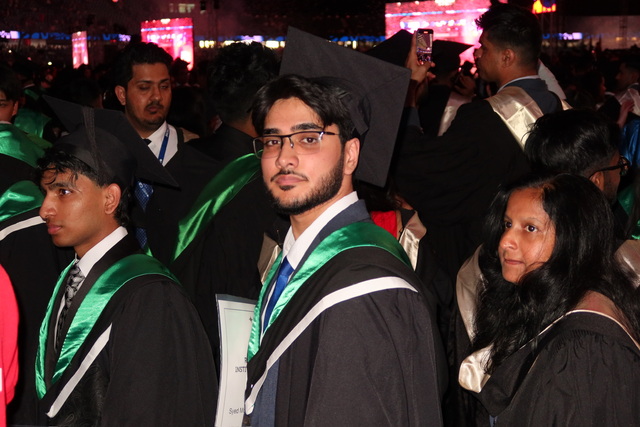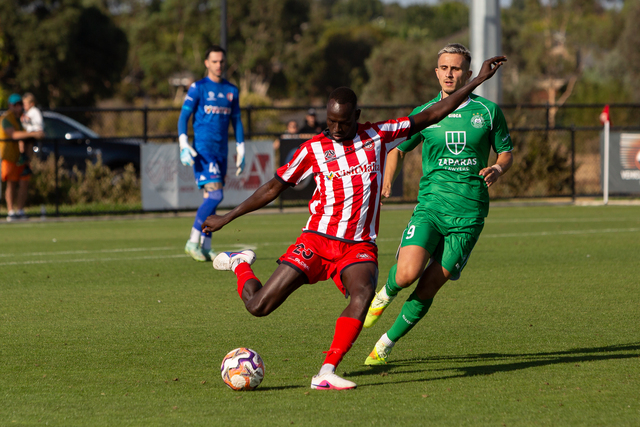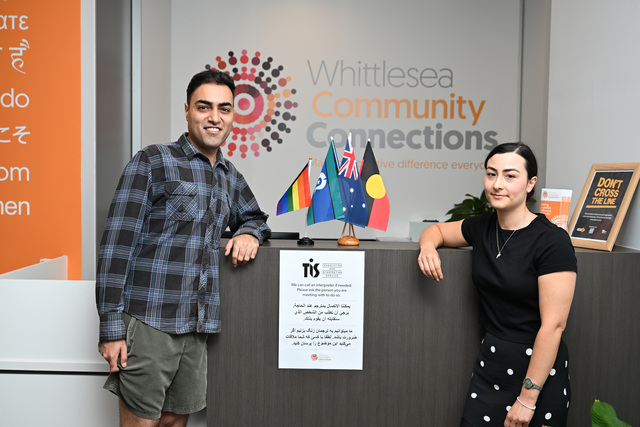Former Australian Sports Anti-Doping chief Aurora Andruska has revealed in court Essendon was being investigated for the use of performance enhancing drugs as early as 2011.
Taking to the witness stand on day two of the Federal Court trial brought against the anti-doping body by Essendon and James Hird, Andruska said the Bombers had been caught up in a wide-ranging probe into drug use well before the club self-reported on February 5, 2013.
Andruska made the revelation while she was being cross-examined by Essendon lawyer, Neil Young, QC.
“ASADA had an investigation which had been under way since 2011, broader than the Essendon Football Club,” Andruska said.
This investigation included other sports allegedly using performance-enhancing drugs, she said.
“In 2011, we were getting information about performance-enhancing drugs. We were taking samples, blood and urine samples, freezing them, waiting for them to be tested.”
Andruska said the samples had been sent to a laboratory in Cologne, Germany, to be tested.
The Bombers’ supplements program under former sports scientist chief Stephen Dank began in late 2011.
It emerged recently through AFL chief medical officer Dr Peter Harcourt that the AFL had concerns about the Bombers in 2011 and samples had been sent to Cologne in 2012 to be tested.
The laboratory had the capability to test for peptide hormones. The tests were negative.
Despite this, Andruska said ASADA was “encouraged enough” to continue the investigation.
During her testimony, Andruska also insisted the Australian Crime Commission had not tipped off former AFL chief Andrew Demetriou or his then deputy, Gillon McLachlan, at a January 31, 2013, meeting in Canberra, in which she said she attended only as an observer.
Andruska said the AFL had repeatedly asked which club the ACC was investigating. She said Demetriou had again asked ACC chief John Lawler even as they shook hands and left the room.
“It’s Essendon, isn’t it?” Demetrou allegedly said to Lawler.
Lawler replied: “I am not going to comment on that”.
Demetriou has denied later tipping off former Essendon chairman David Evans about what he had been told in the ACC briefing. He was also cleared by the ACC.
Andruska said she was “surprised” that the AFL knew as much as it did during that meeting.
Hird and the Bombers allege the joint investigation by the AFL and ASADA last year into the club’s supplements program was unlawful as the anti-doping body worked outside of its powers.
During her two hours in the witness box before the parties adjourned for lunch, Andruska said the “language of joint investigation” had not been used between the parties.
In one response to Young, she replied: “That suggests the investigation was being led by the AFL – that’s wrong. It’s an ASADA investigation.”
Andruska was questioned heavily about what information the anti-doping body gave the AFL to use in its case-managed database.
“To be most effective we had to use the AFL’s powers. That was consistent with previous investigations,” she said.
Asked to clarify this later, she said the investigation had been with another code and before her time in charge.
Andruska was asked about the political pressure she had felt to come to a quick resolution in the Essendon investigation.
“I ignored all political pressure,” she said.
In the Bombers’ and Hird’s submission, it had emerged former prime minister Julia Gillard had wanted a quick resolution, with her party worried the probe would negatively impact on its re-election chances.
Justice John Middleton, however, said the political line of questioning had no relevance.
Andruska was also questioned about how the investigation was termed in the interim report used by the AFL to sanction the Bombers.
She said her focus, however, had been on anti-doping issues and not how the AFL had wanted to sanction the club – if it was found to have breached its laws.
Andruska was to resume in the witness box after lunch.
Earlier on Tuesday, the court heard lawyers for Essendon, Hird and ASADA had agreed to refer to a statement of facts related to briefings anti-doping officials gave to Essendon players and staff.
ASADA lawyer Daniel Star on Monday said one of Essendon’s solicitors, Tony Hargreaves, had made a covert recording of one of the briefings and that Essendon wanted to use the transcript as evidence. Neil Young, QC, said Mr Hargreaves was entitled to record the briefing for note-taking purposes.
On Tuesday, Star said the parties had reached a compromise and that the transcript would not be tendered as evidence, and that lawyers would instead refer to a statement of facts.
Young, QC, called on Mr Star to apologise for what he said about Mr Hargreaves’ conduct.
But Justice Middleton said there was no reason to believe Mr Hargreaves had acted improperly.

